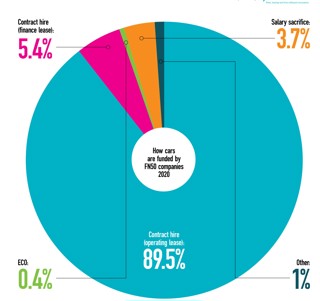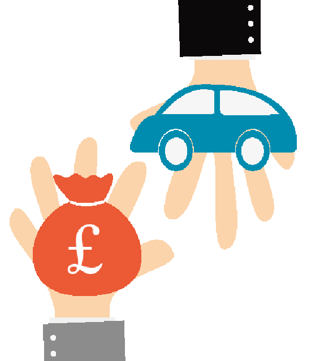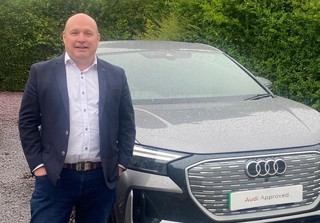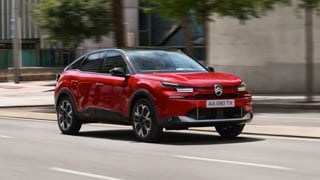Increasing demand for battery electric vehicles (BEVs) is driving record growth in salary sacrifice car scheme orders, according to Zenith.
The leasing company says schemes have been proving popular over the past 12 months, with some customers achieving the largest number of orders since the launch of their schemes and an influx of employees who take a cash allowance.
In 2020, almost 60% of Zenith’s salary sacrifice orders were for BEVs and in one scheme that launched this year, 85% of orders have been for BEVs, with the remaining 15% for plug-in hybrid electric vehicles (PHEVs).
Jon Smith, relationship director at Zenith, says that Covid-19 has resulted in companies reviewing their car policies to ensure that they are fit for purpose for the next decade.
“It has also proven to be a strong force for positive change, with some clear trends emerging,” he said. "We have seen a significant increase in the number of BEVs across our customers' fleets.
“The shift is due to several factors, including lower mileages driven now and anticipated into the future, lower BIK and companies seeking to lower their carbon emissions on their roadmap towards carbon neutrality.”
Salary sacrifice allows all eligible employees to drive a new BEV at an inclusive monthly cost compared to a petrol or diesel equivalent. For companies, it is also a positive shift in terms of environmental impact and the broader benefits around duty of care for employees.
Smith continued: "For some of our customers, removing limits on BEVs that an employee can choose within a scheme if they make a private use contribution has meant BEV ordering has materially overtaken normal ICE vehicles.
“The adoption has many benefits, including generating a BIK saving for the individual and an environmental benefit for the company."
Tusker reported last month how salary sacrifice and employee education was helping to drive record-breaking BEV registrations.
The leasing company has a risk fleet of approximately 20,000 cars and, while just one-in-33 (3%) of the vehicles it funded were pure electric in 2019, it has now increased to one-in-five (20%).
Half of Tusker’s orders in 2020 were for pure electric cars. Hybrid vehicles, both plug-in and mild, accounted for 20% of its new vehicle orders, with petrol and diesel responsible for less than a third (30%).
Zenith says that employees' ability to choose BEVs through company car schemes has given them options to gain access to an EV that a cash allowance often struggles to match.
Smith concluded: "Looking forward, the range of BEVs is growing rapidly, and there are positive steps in expanding the charging infrastructure in the UK.
“Companies understand the benefits of company car schemes and now have more options than ever before in providing a vehicle from flexible leasing to salary sacrifice schemes."






















Login to comment
Comments
No comments have been made yet.